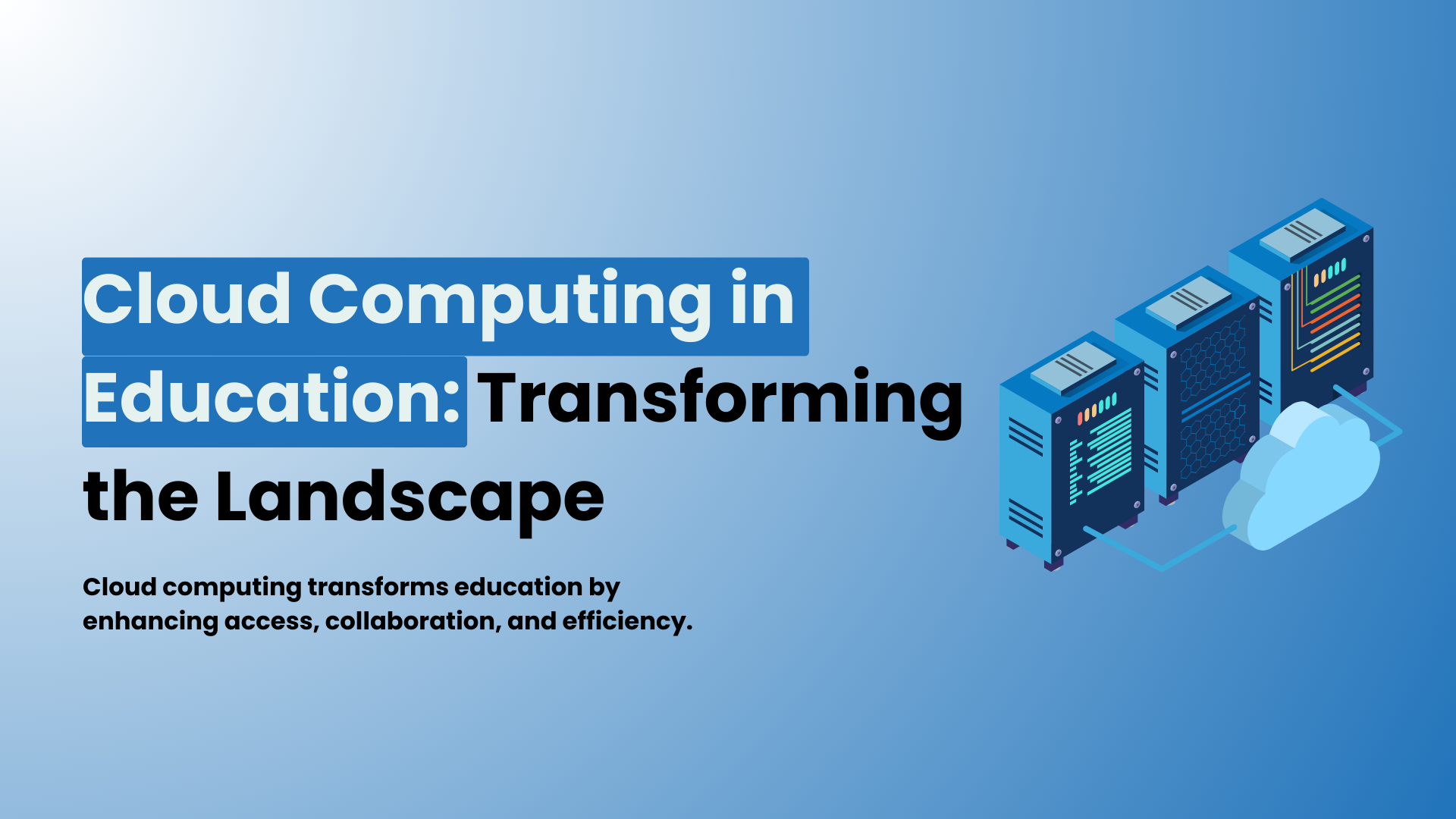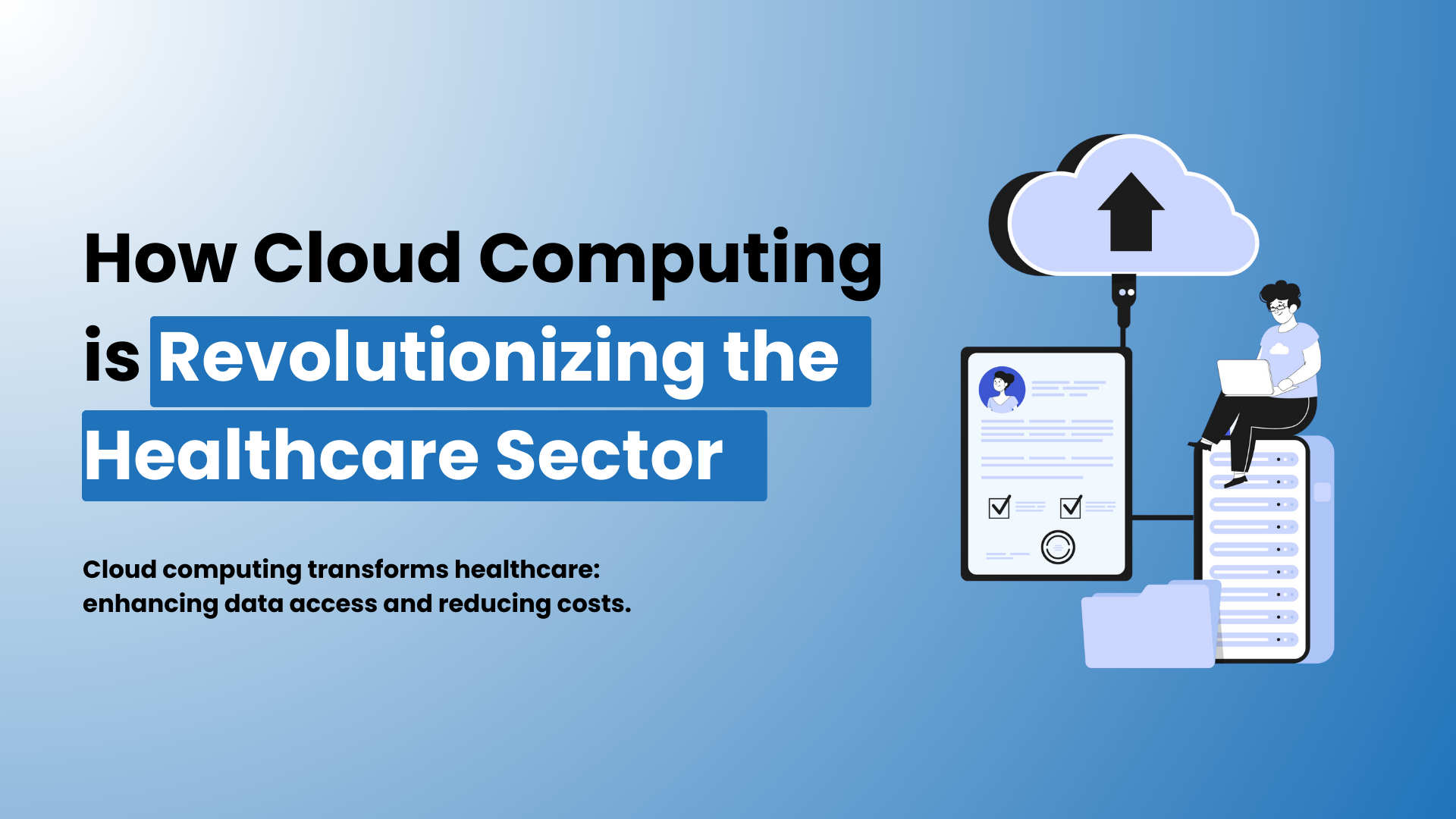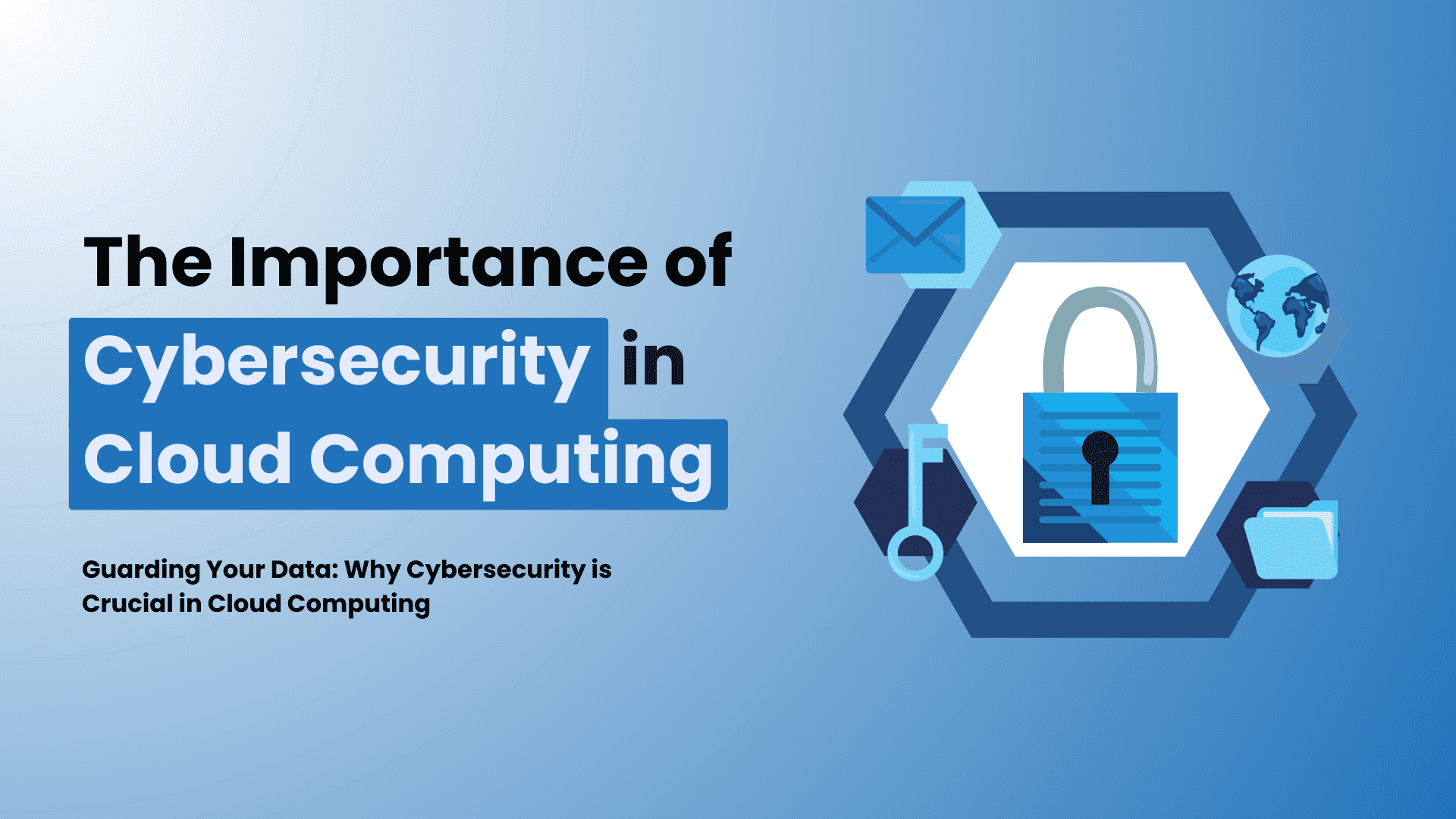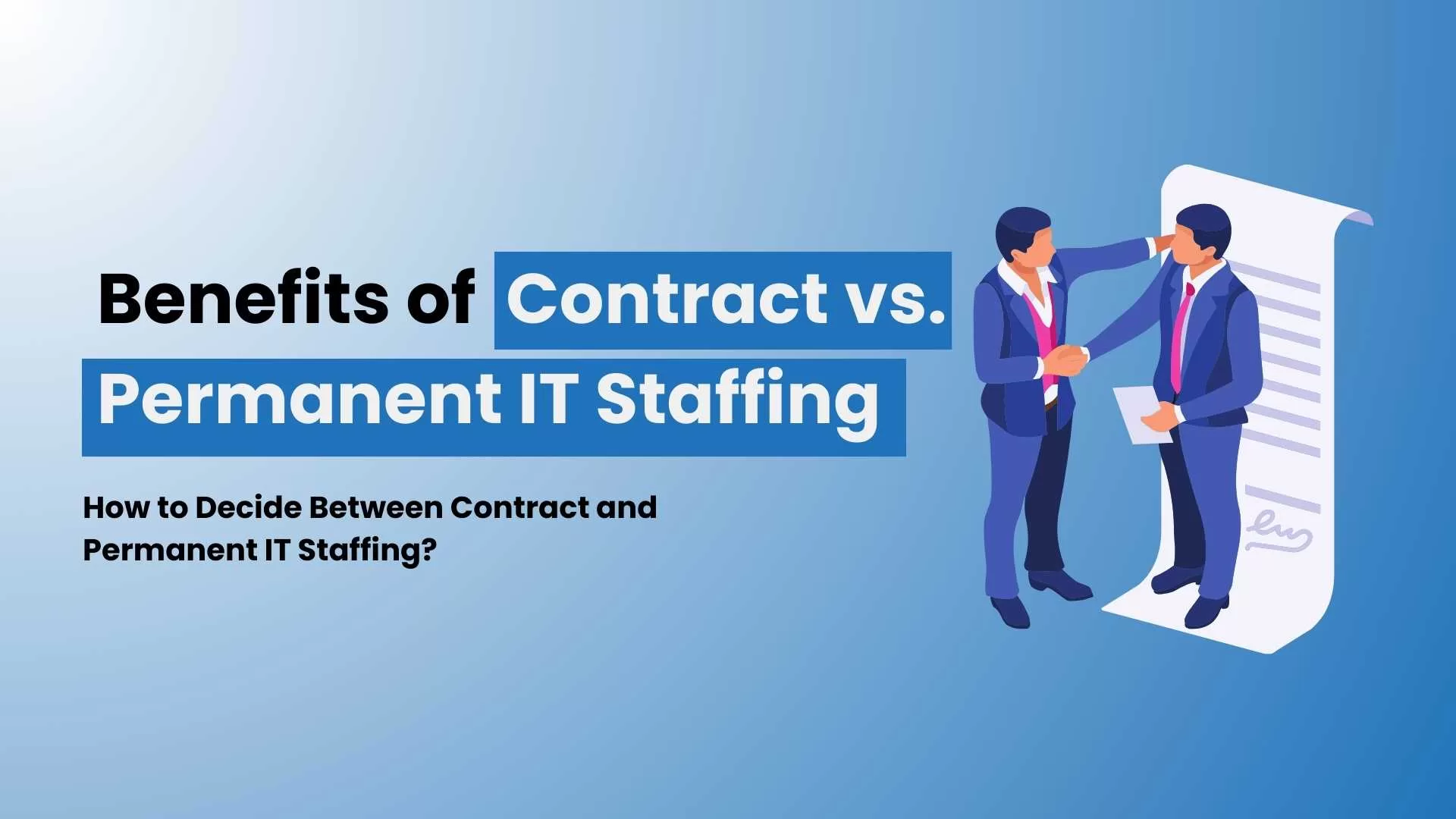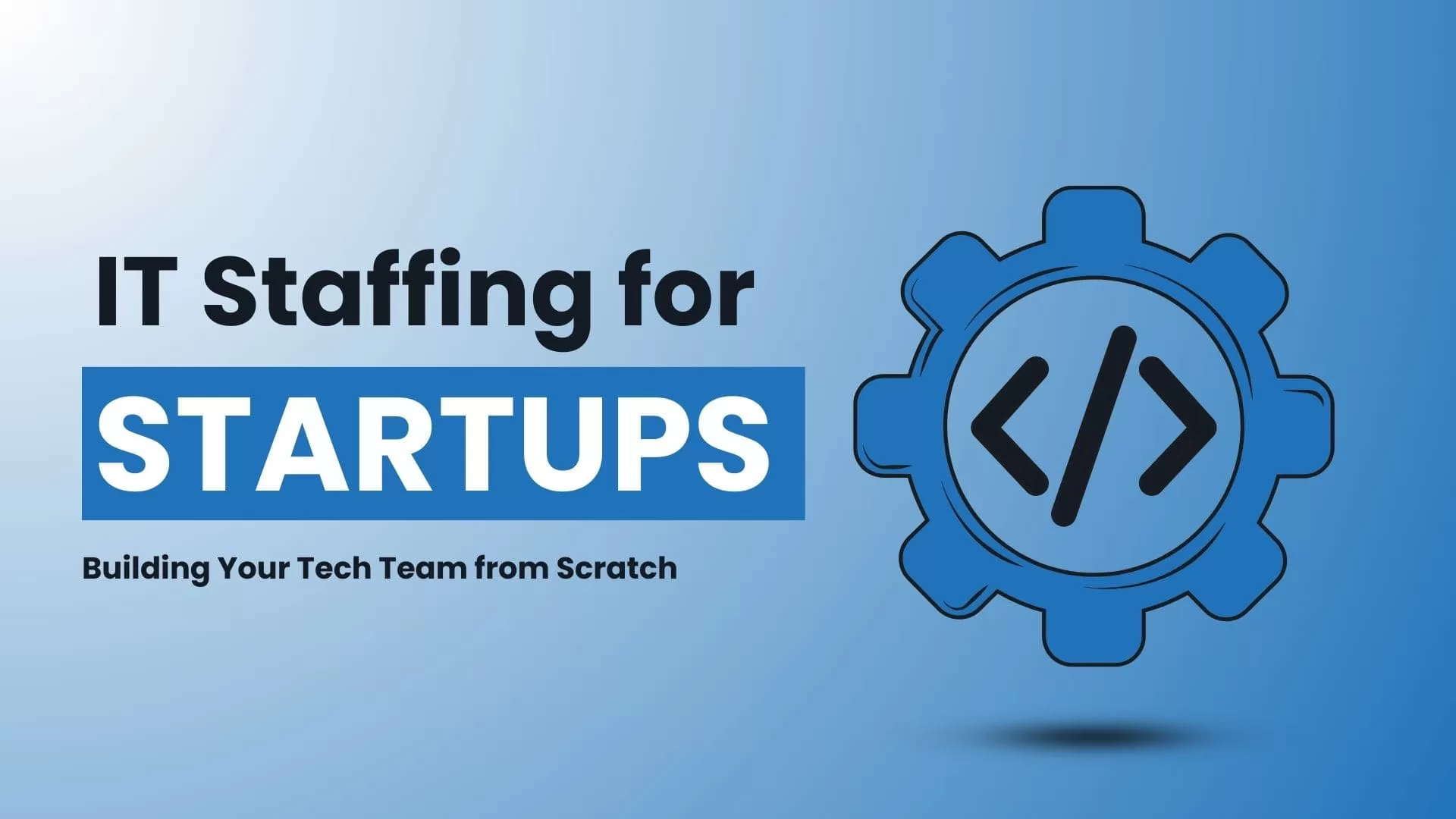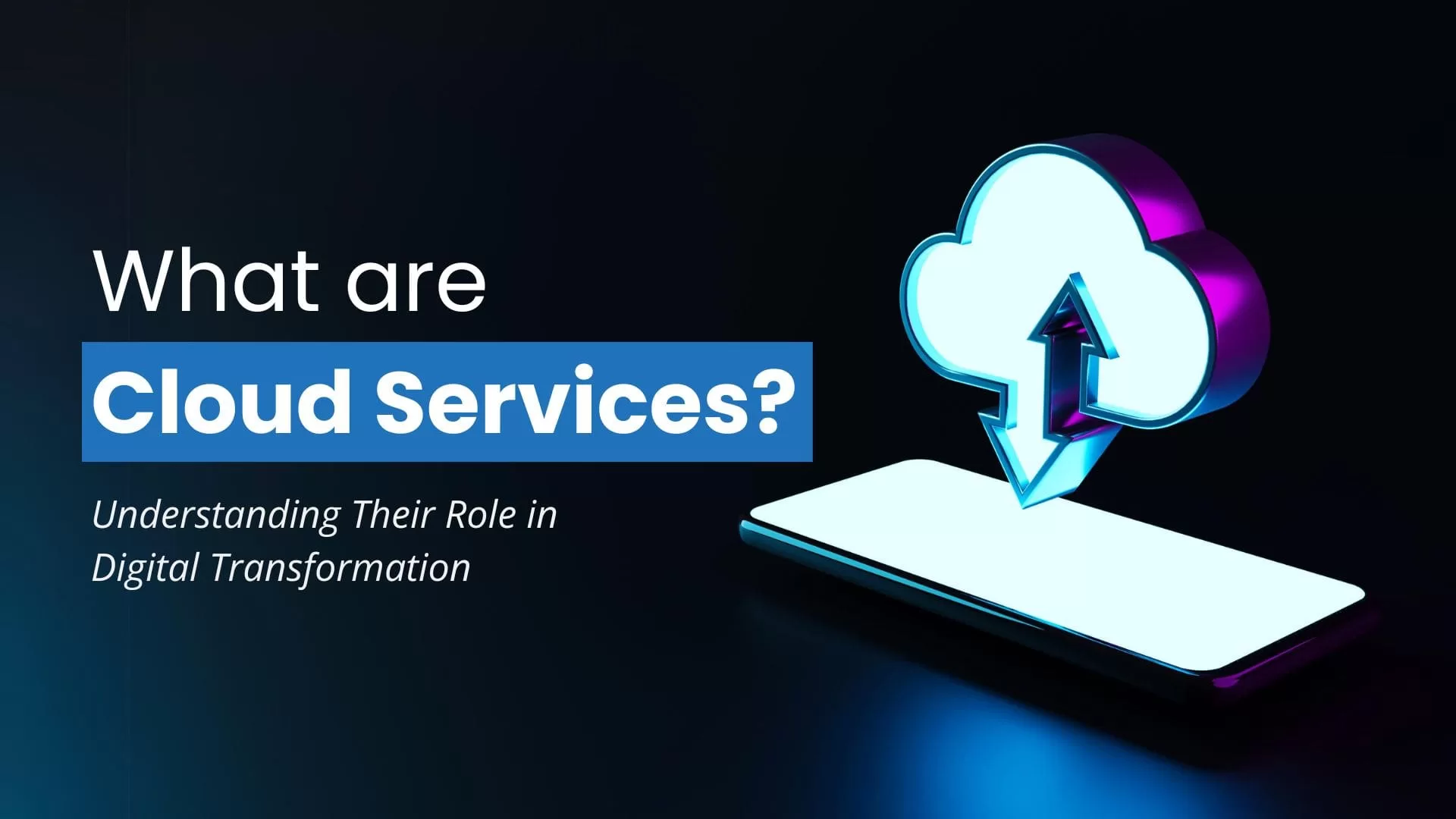In these fast-moving times, learning cloud computing is now an essential need for professionals from every walk of business. Cloud computing holds a myriad of benefits that place it at the cornerstone of modern business operations.
Mastering Amazon cloud solutions enables users to get computing resources and services on demand across the Internet. This helps them eliminate expensive investments in physical infrastructure. Such flexibility allows a business to scale its operations efficiently, matching changing demands and driving innovation.
It offers unparalleled reliability and availability because cloud platforms have a number of infrastructures that are redundant and excellent disaster recovery capabilities in order to support business continuity in case any unprecedented disturbances occur.
Moreover, the cloud enables collaboration, remote work, and access to data and applications for central working from any part of the world. This allows totally new chances in productivity and, above all, for remote job roles and freelance work.
The fast rate of adoption of cloud computing across all industries has consequently increased demand for human resources. Therefore, gaining experience with cloud technologies—such as Amazon Web Services, Microsoft Azure, or Google Cloud Platform—holds open vast possibilities in a career related to cloud architecture and engineering, security, and data analytics.
Starting a career in AWS Cloud can be full of excitement and rewarding at the same time, given the high demand for skilled professionals in cloud computing. Sometimes, people find it very difficult to choose the right learning path and stay aligned with it.
So, here are steps one can take to begin a career in AWS Cloud :
Learn the Basics
Study the basics of cloud computing and AWS services. Understand the concepts related to virtualization, storage, networking, and security in the context of the cloud.
Get Hands-On Experience
Create an AWS Free Tier account and start trying out various services available in AWS. Create projects, deploy applications, get around the AWS Management Console, and start using the command-line interface (CLI).
Take Training Courses
AWS Certifications are Industry-recognized, and holders have far greater chances of improving their careers. Take the AWS Certified Cloud Practitioner first to establish a foundational knowledge of AWS. Then move on to the more specialized ones, depending on your career plans.
Earn Certifications
Join online forums, attend meetups locally, or use other means to network among professionals in the field. Networking can help one learn from others and stay up to date on trends.
Join AWS Communities
Participate in online forums, attend local meetups, and be a part of AWS user groups to interact with other professionals in the field. The networking will help you see from their experience and know the trends of the industry.
Build a Portfolio
Build a portfolio of projects that can be used to express your AWS skills. This could include the deployment of applications, infrastructure optimization, or even solutions to problems in the real world using AWS services. It gives you an upper hand over other job seekers with concrete examples.
Apply for Jobs
Look for the first position—entry-level cloud support engineer, junior cloud architect, or cloud operation specialist. Ensure that your resume specifically focuses on your AWS skills and accreditations. Don't be ashamed to apply for internships or junior roles just to get in there and learn from ground zero.
Continuously Learn and Grow
It's also important to know about new AWS services, features, and best practices, as the cloud computing space is constantly changing. Set aside time for continuous learning via blogs, conferences, and advanced certifications.
Follow these steps and bring to life a career in cloud computing with Amazon Web Services, showing skill and knowledge acquisition in AWS. Various job roles would then orient towards these different lines of cloud services and infrastructure.
Here are some of the common job roles you should be aware of in the cloud:
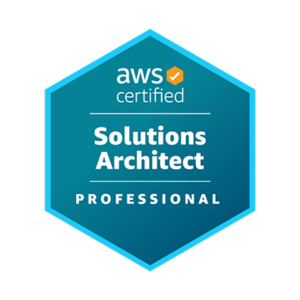
Cloud Architect
A cloud architect designs and oversees the implementation of cloud solutions within organizations. They will lay down cloud strategies, design architectures, and ensure that the cloud environment meets the security, scalability, and performance requirements.
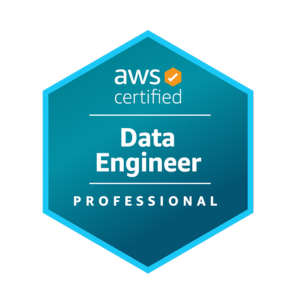
Cloud Engineer
A cloud engineer creates, deploys, and cares for cloud infrastructure and the cloud services it performs. They work with cloud provider APIs to script task automation within the infrastructure and optimize clouds for the best efficiency and return on investment.
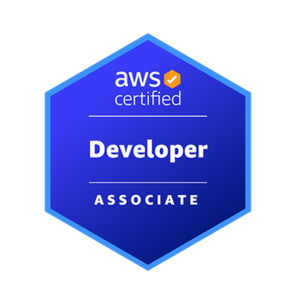
Cloud Developer
Development for the cloud involves building and re-factoring of applications and services to leverage the properties of the cloud. This essentially entails the use of cloud-native technologies and managed services to build highly scalable, maintainable, and reliable applications that can be released and managed in a cloud setting.
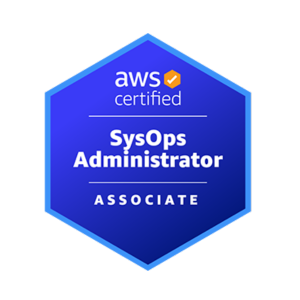
Cloud Administrator
Cloud administrators manage and monitor cloud infrastructure, ensuring its reliability, availability, and security. They handle tasks such as provisioning resources, managing user access, monitoring performance, and troubleshooting issues in the cloud environment.
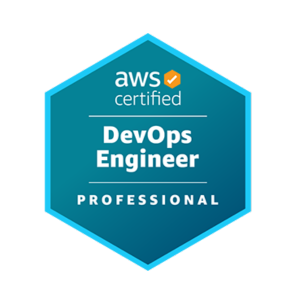
DevOps Engineer
DevOps engineers create a smooth software development lifecycle with the fusion of development and operations. They use cloud infrastructure and automation tools to automate software deployment, CI/CD, and IaC.
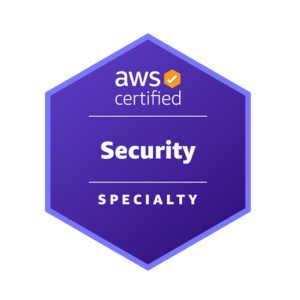
Cloud Security Engineer
The cloud security engineer specializes in cloud environments designed to secure and protect data against cyber threats and vulnerabilities. The end game is to implement security controls, monitor for security incidents, and complete security assessments in the role of cloud security engineers to ensure compliance with cloud and industry-specific computational criteria.
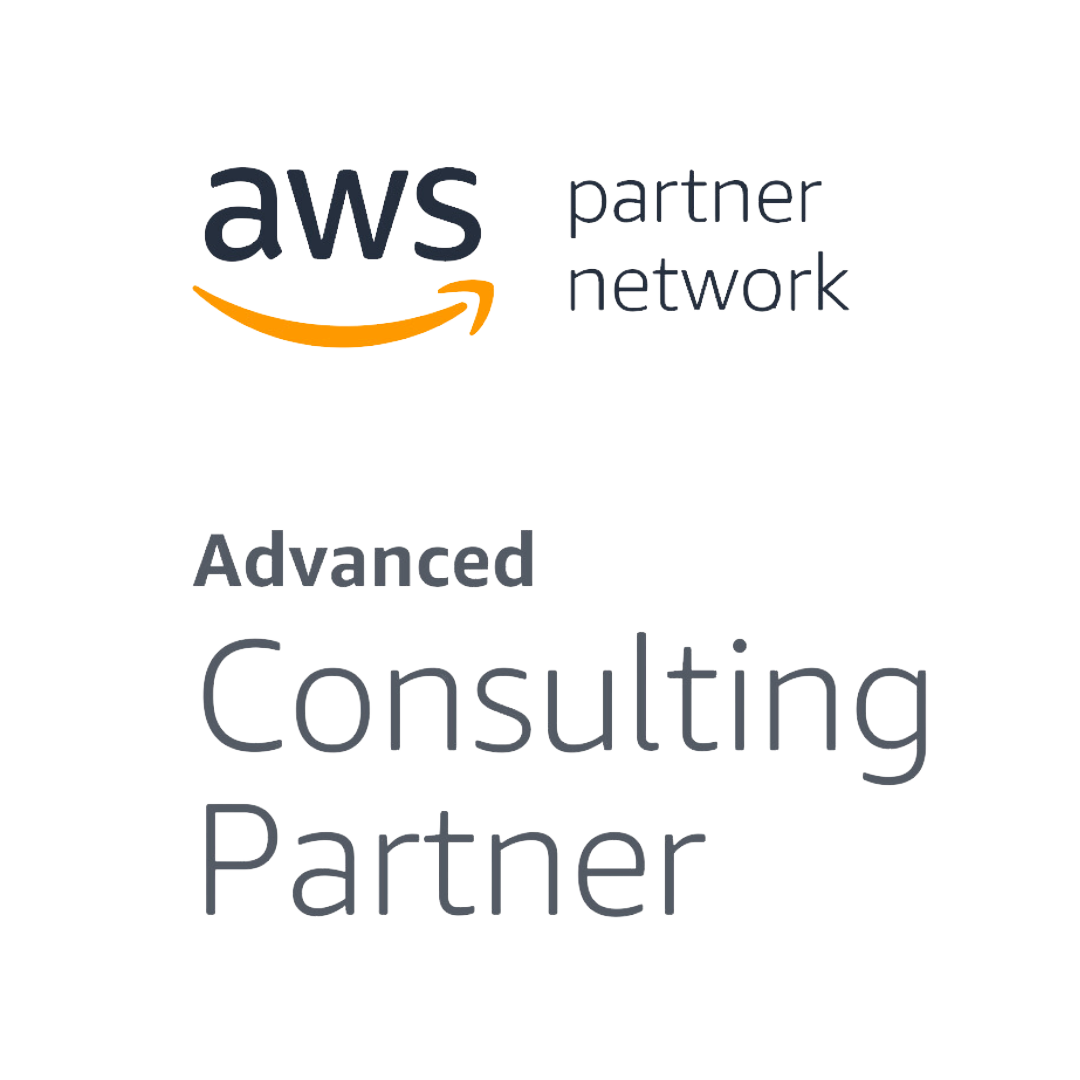
Cloud Consultant
Cloud consultants provide guidance when it comes to adopting and optimizing the cloud technologies for organizations. Reviews business requirements to recommend cloud solutions, design cloud architecture, and perform cloud migration and implementation activities.
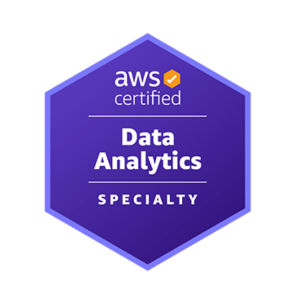
Data Engineer/Data Analyst
Data engineers and analysts make use of modern data processing techniques for handling, analyzing, and visualizing data. They design data pipelines, data warehouse models, and analytics solutions and draw out any arising insights from data sources residing on the cloud.
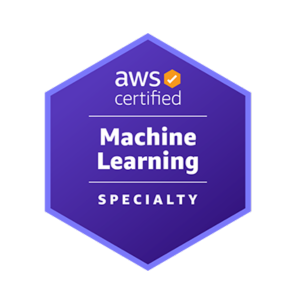
Machine Learning Engineer
Machine learning engineers leverage cloud-based machine learning platforms to develop and deploy machine learning models and applications. They work with large datasets, train models, optimize algorithms, and deploy machine learning solutions in the cloud.

IoT (Internet of Things) Solutions Architect
The IoT Solutions Architect is an individual who designs and constructs IoT solutions, from gathering and storage to data analysis, connected with cloud infrastructure. This can be through the integration of Internet of Things devices with cloud services, implementation of a scalable Internet of Things architecture, and ensuring that the integrity and security of the system are not compromised.
They just illustrate some the many job roles that you’ll find in cloud computing, and of course, over time, with the maturing of the technology, the hotness of the field, and the demand from the industry, it might also evolve. With your competencies—especially with your interests and career goals—you will be able to exercise your talent in different ways with the aid of cloud computing and then go on to specialize in different domains.
The “Future of Cloud and Its Economic Impact: Opportunity for India” report seeks to assess the economic benefits that cloud adoption can offer to India. Additionally, it examines the potential opportunity costs if India does not expedite its adoption of cloud technology.
Cloud computing has risen to prominence as an essential technology for enterprises, governments, and consumers alike. It serves not only as the foundation for digital transformation but also facilitates innovation and collaboration among various stakeholders in the ecosystem.
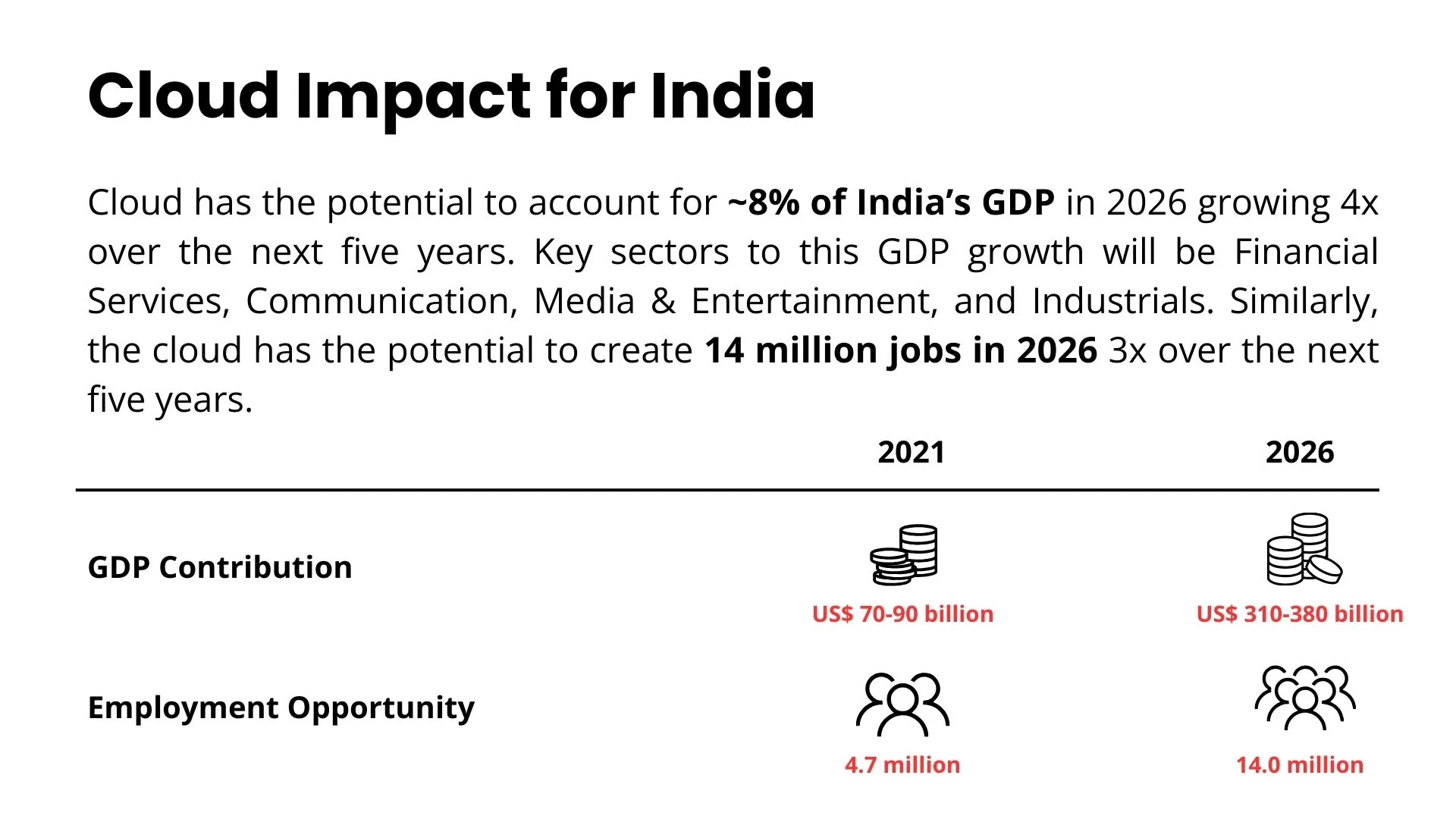
Cloud computing has risen to prominence as an essential technology for enterprises, governments, and consumers alike. It serves not only as the foundation for digital transformation but also facilitates innovation and collaboration among various stakeholders in the ecosystem.
FAQs
What is Amazon Web Services (AWS)?
AWS is a comprehensive cloud computing platform offered by Amazon. It provides a wide range of cloud services, including computing power, storage, databases, machine learning, and more, to help businesses scale and innovate.
Why should I pursue a career in AWS Cloud?
A career in AWS Cloud offers numerous opportunities for growth and advancement in the rapidly expanding field of cloud computing. With the increasing adoption of cloud technologies across industries, there is a high demand for skilled professionals in AWS Cloud.
Do I need prior experience in IT to start a career in AWS Cloud?
While prior experience in IT can be beneficial, starting a career in AWS Cloud is not always necessary. Many entry-level positions in cloud computing, such as cloud support engineer or junior cloud architect, welcome candidates with diverse backgrounds and provide on-the-job training.
What skills are required to succeed in AWS Cloud careers?
Key skills for AWS Cloud careers include a solid understanding of cloud computing concepts, proficiency in AWS services and technologies, programming/scripting skills (e.g., Python, Java), knowledge of networking and security principles, and strong problem-solving abilities.
How can I get started with learning AWS Cloud?
You can begin by familiarizing yourself with the fundamental concepts of cloud computing and AWS services through online tutorials, documentation, and free resources on the AWS website. Hands-on experience is crucial, so consider setting up an AWS Free Tier account to practice deploying and managing cloud resources.
Are AWS certifications necessary for a career in AWS Cloud?
While not strictly required, AWS certifications can significantly enhance your credibility and marketability in the job market. They validate your expertise and proficiency in using AWS services, which can help you stand out to employers and advance your career.
What are the different AWS certifications available, and which one should I pursue first?
AWS offers a range of certifications catering to various roles and skill levels, such as AWS Certified Solutions Architect, AWS Certified Developer, AWS Certified SysOps Administrator, and more. It’s recommended to start with the AWS Certified Cloud Practitioner exam as it provides a foundational understanding of AWS Cloud.





